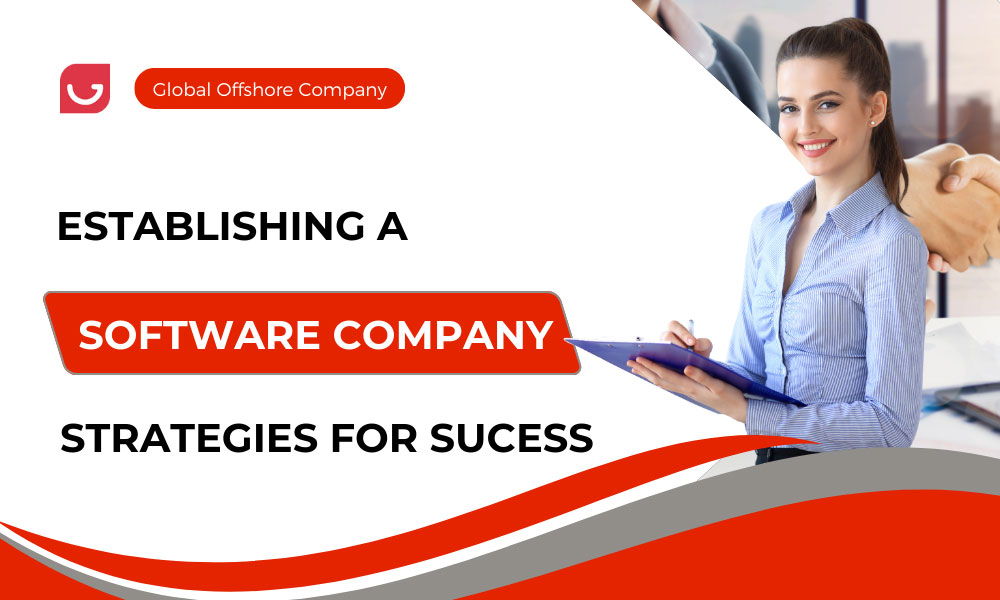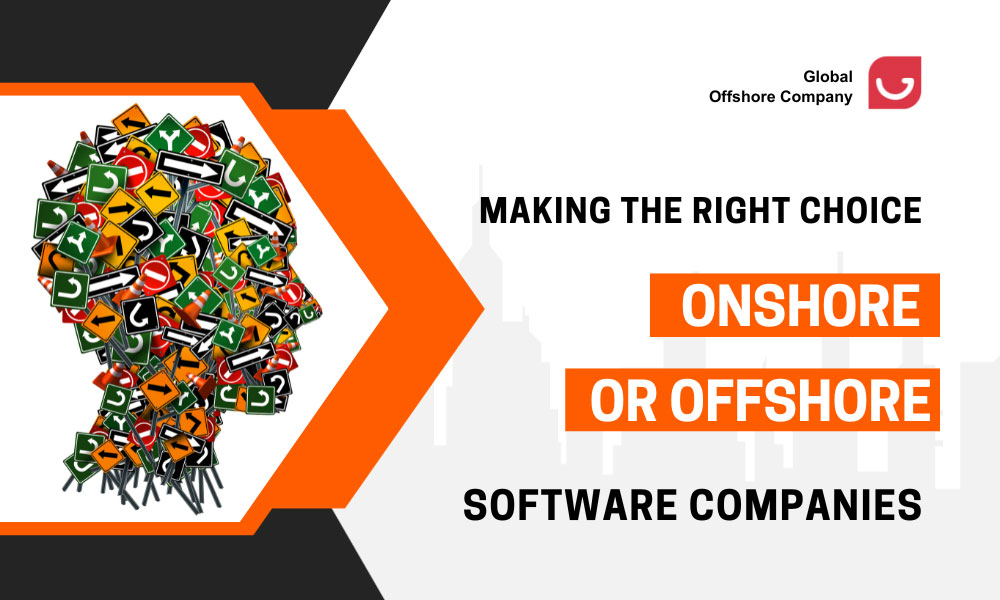Onshore vs Offshore: What is the difference? - Updated 2023
Offshore SaaS companies have been offshoring for many decades. As they remarkably expanded over the years, this type of incorporation has developed in many big tech corporations and delivers valuable outcomes.
There are a wide range of factors prompting SaaS to go offshore. The main reason is the cost. Lack of educational source and development pace is equivalently significant. India is one of the most ubiquitous places, then China. Nevertheless, there are many alternatives. So should you go onshore or offshore ? This blog will help you.
What is onshore ?
If a company requires a specific skill set or needs to scale up the engineering team to meet a project deadline, but there isn't enough local talent available, an IT staffing agency may recommend an onshore staffing approach, which involves working with qualified candidates who are located in a different town or city but are still based somewhere in your country.
What is offshore ?
A corporation may opt to supplement its employees through an offshore outsourcing engagement model for a variety of reasons. This effectively implies employing temporary staff overseas, many time zones away from your central office. This outsourcing model might match an American software business in California, for example, working with programmers in India or Ukraine.
What is the difference between onshore and offshore ?
The following are some of the key differences between onshore and offshore development depending on numerous parameters:
| Onshore Development | Offshore Development | |
|---|---|---|
| Definition | Onshore firms are registered in nations that do not grant favorable tax treatment. These firms are often located in more economically developed countries. | Offshore corporations are ones that are registered in countries that provide advantageous tax treatment. |
| Cost | High-priced building | Low-priced building |
| Privacy | Onshore enterprises are afforded less privacy, making them more vulnerable to state control. | Offshore firms and their owners have total privacy. The company's information is not made available to the public. |
| Tax rate | High | Low |
| Location | A group of people from the same nation. | Organizing a team in a foreign nation. |
| Proximity | Close proximity provides advantages and allows for simpler and faster access to the development team. | Geographical remoteness might present difficulties and cause communication and reporting delays. |
| Cultural Alignment | Cultural values, languages, and business practices that are shared make collaboration easier. | Cultural variations, disparities in work ethics, and ineffective time management strategies can all have an effect on the outcome. |
| Communication | Increases comprehension through in-person conversation possibilities. | For communication, relies on digital communication methods such as video conferencing, emails, and chats. |
| Talent Pool | Limits the talent pool to the local workforce and restricts access to specialist talents. | Outside of the country, access to global and extraordinary talent and knowledge. |
| Language Barrier | Communication in the native tongue with little linguistic hurdles. | To handle language obstacles, clear communication tactics and proficiency coaching may be required. |
| Time Zone Impact | Time zone variations are rarely an issue, making it easy to organize meetings and sustain communication. | To address time zone differences, meeting schedules must be meticulously planned and executed. |
| Work Cycle | Because it corresponds to local business hours, it is convenient for coordination. | 24-hour work cycle that has the potential to save time. |
A complex balancing act is required when deciding between onshore and offshore techniques. Onshore development encourages quick communication and direct project control. However, convenience frequently comes at a higher cost.
Offshore development, on the other hand, enables you to travel into international seas and tap into a varied global talent pool. Offshore software development rates are frequently appealing, resulting in potential cost savings. In this case, however, managing time zone differences and cultural nuances becomes a challenge.
Conclusion
We hope you now understand the distinction between onshore and offshore businesses. As you can see, there are certain important things to consider before determining whether to work with an onshore or offshore organization. Utilize these characteristics so that you may be certain about the firm that will best meet your demands after you open it.
G.O.C - Global Offshore Company - is a platform that will assist you in establishing an offshore company. We give this service in many places of the world. In addition to offshore company registration, we provide services such as offshore company bank account establishment, business licensing, accounting and bookkeeping, and so on. If you decide to set up an offshore corporation, please contact us; we'd be happy to help.
Disclaimer: While G.O.C endeavors to provide accurate information, this article serves as a reference guide and should not substitute professional legal advice. Please consult G.O.C's professional team of support for advice tailored to your specific circumstances.









